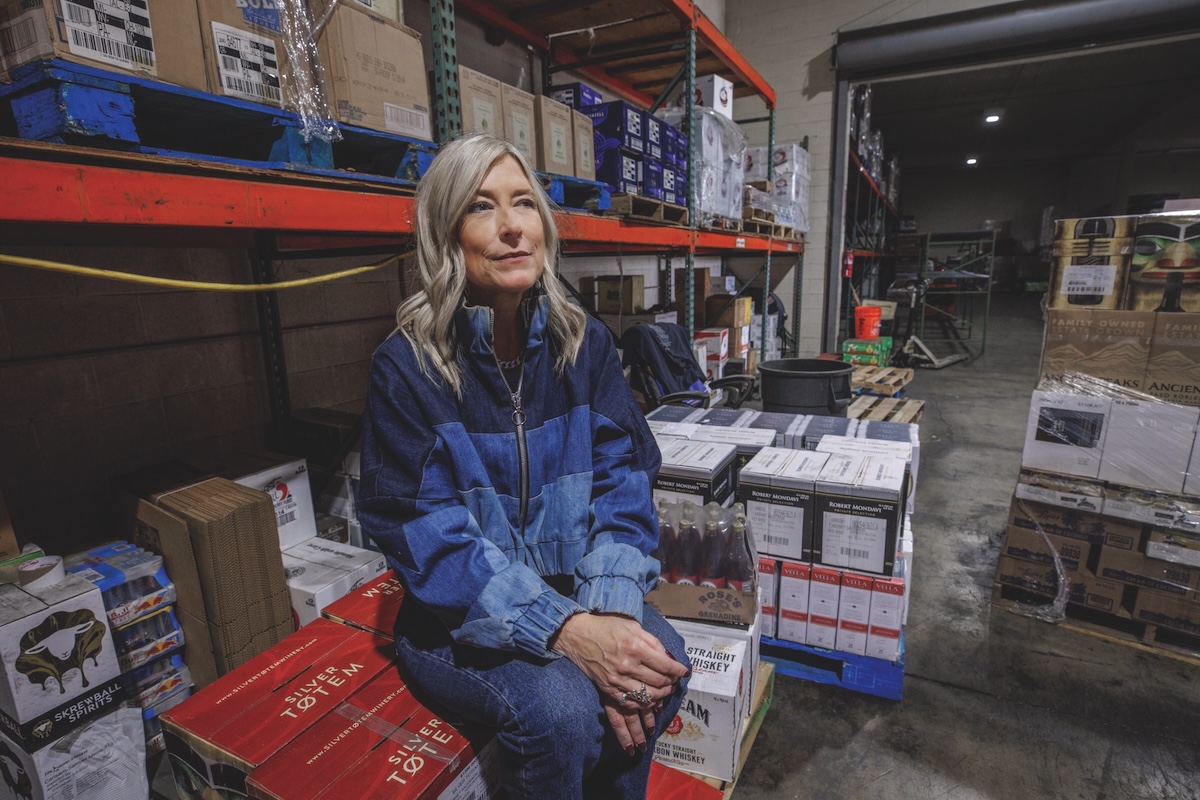T
he introduction of tariffs sent shockwaves through the economy, affecting capital markets and small businesses. However, for one local company, Howard Hartry Inc., tariffs brought a much-needed boost to its struggling business. As a U.S. Customhouse broker in the Los Angeles Harbor, Howard Hartry operates a bonded industrial warehouse and foreign trade zone, allowing businesses to defer tariff payments on imported goods.
The company's bonded warehouse was once a significant portion of its business, serving high-dollar commodity clients such as caviar, jewelry, and liquor importers. However, with globalization strengthening in the 1990s and 2000s, the costs of bonded warehouses became less appealing for many product types. By 2019, trade accounted for 60% of the global gross domestic product, a significant increase from 36% in 1979.
In November, Howard Hartry's bonded warehouse had only three regular clients, but with the onset of tariffs, everything changed. The company received interest from various products, including motorcycle helmet visors, baby strollers, and honey jars. With increased demand came considerations for space availability and product handling capabilities.
Howard Hartry's bonded warehouse sits at 20,000 square feet and can hold about 20 shipping containers. The company identified smaller companies as compatible clients, including Amazon.com Inc. sellers who use the warehouse to store inventory until they have a bulk load of shipments ready. With little time to react, Howard Hartry had to jump into action and adapt to a new workflow.
Customers also had to adjust to the additional hurdles of bonded warehouses, including a more complex application process and longer clearance times due to increased demand and software system updates. Despite this, Howard Hartry chose not to raise its prices, instead opting to maintain its competitive edge in the market.
The company's president, Jennifer Hartry, said that while it's difficult to predict how long the trend will last, she believes that bonded warehouse operators will see substantial increases in short-term revenue with some lasting impact in the long term. Reaume, a senior managing director of industrial services at Jones Lang LaSalle, agrees that tariffs will be higher and that those who used bonded warehouses prior to this trade war will find even greater use for them.
As for new clients, some will stay while others will go, but Reaume believes occupancy for bonded warehouses will be higher than it was prior to the current tariff situation. Part of this is because many people simply weren't aware of bonded warehouses as an option or of the benefits they can provide.














